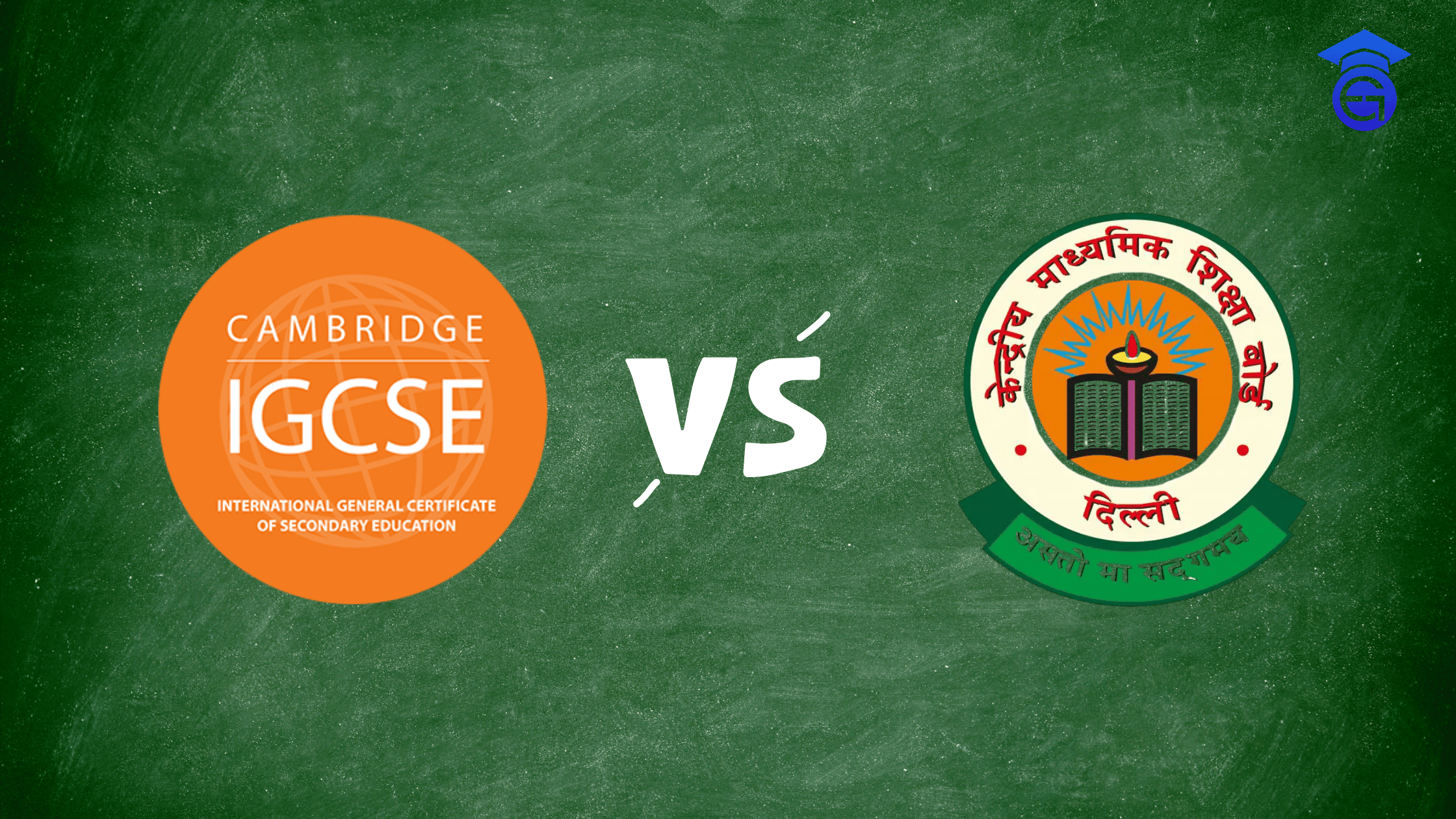1. Global Recognition & University Acceptance
IGCSE: Accepted Worldwide
The IGCSE, developed by Cambridge Assessment International Education (CAIE), is recognised by top universities and employers globally, including the UK, US, Canada, Australia, and Europe. It’s the gold standard for international secondary education.
- Widely accepted by Oxbridge, Ivy League, and other elite institutions.
- Equivalent to UK GCSEs, making it easier to transition to A-Levels or IB.
- Preferred by international schools for its rigorous, balanced approach.
CBSE: Limited to India & Few Foreign Schools
While CBSE is respected in India, its global recognition is limited. Some universities accept it, but students often need additional qualifications (like SATs or A-Levels) for competitive courses abroad.
- Mainly for Indian universities (though some foreign schools accept it).
- Less familiar to Western admissions officers compared to IGCSE.
Verdict: If you want global opportunities, IGCSE is the clear winner.
2. Curriculum Flexibility & Subject Choices
IGCSE: Broad & Customisable
IGCSE offers 70+ subjects, including unique options like:
- Global Perspectives (critical thinking & research skills)
- Environmental Management
- Business Studies & Computer Science (practical, career-focused)
- Art & Design (creative freedom)
Students choose 5-14 subjects, mixing sciences, humanities, and vocational courses. This flexibility helps them explore interests early.
CBSE: Fixed & Exam-Focused
CBSE has a rigid structure, focusing heavily on:
- Science & Maths (with less emphasis on arts/humanities)
- Rote memorisation over application
- Limited electives compared to IGCSE
Verdict: IGCSE wins for personalised learning and broader subject options.
3. Exam Structure & Assessment Methods
IGCSE: Continuous & Skill-Based Evaluation
- Coursework & Practical Exams (e.g., science experiments, projects)
- Written + Oral Assessments (develops communication skills)
- Graded A*-U (clear differentiation between top performers)
This system reduces exam stress and tests real understanding, not just memorisation.
CBSE: One Final Exam Decides Everything
- Heavy reliance on year-end board exams (high pressure)
- Mostly theoretical (limited practical assessment)
- Grading out of 100% (no A* distinction)
Verdict: IGCSE’s balanced assessment is fairer and less stressful.
4. Skill Development & Practical Learning
IGCSE: Focus on Critical Thinking & Real-World Skills
- Analytical questions (not just textbook answers)
- Research projects & presentations (builds independent learning)
- Problem-solving tasks (prepares for university-style work)
CBSE: Memorisation Over Application
- Repetitive textbook learning
- Less emphasis on creativity or analysis
- Limited group work or presentations
Verdict: IGCSE students develop stronger problem-solving and communication skills.
5. Teaching Methodology & Student Autonomy
IGCSE: Student-Centred Learning
- Encourages curiosity & independent research
- Teachers act as guides, not just lecturers
- More interactive & discussion-based classes
CBSE: Teacher-Led, Exam-Driven
- Focus on finishing syllabus quickly
- Less classroom interaction
- Students follow set patterns (less creativity)
Verdict: IGCSE fosters independent, confident learners.

